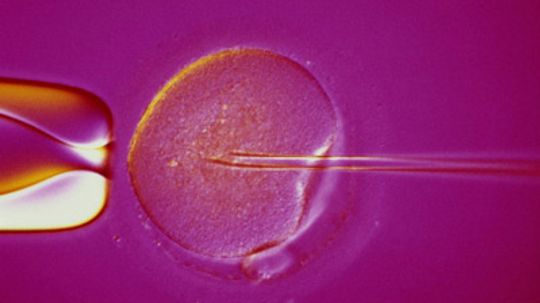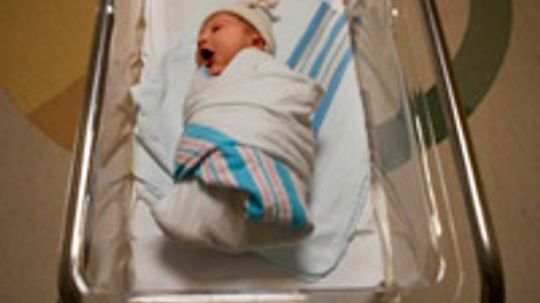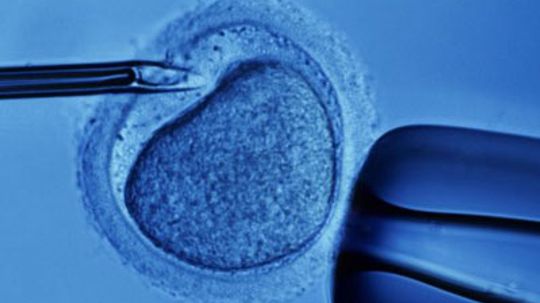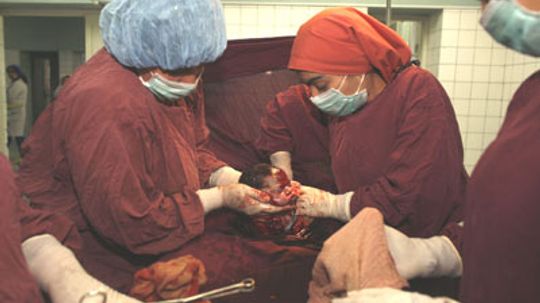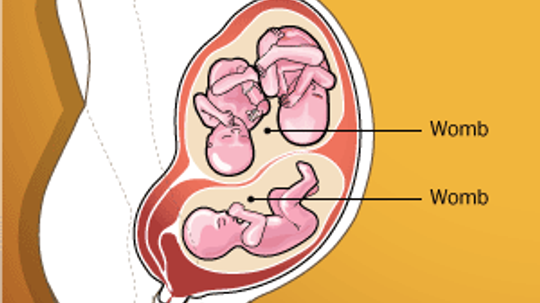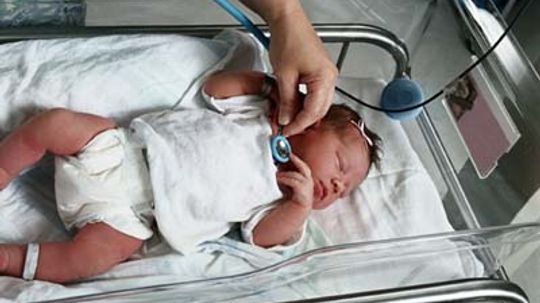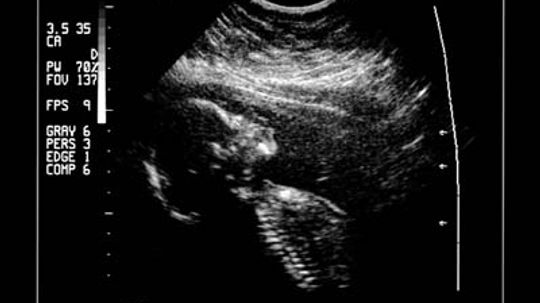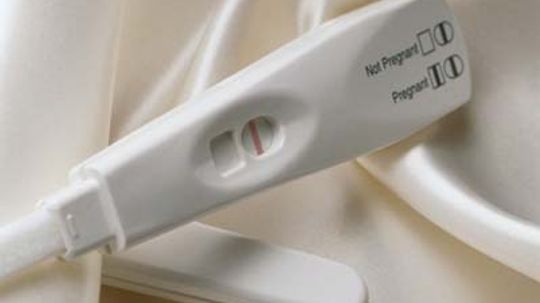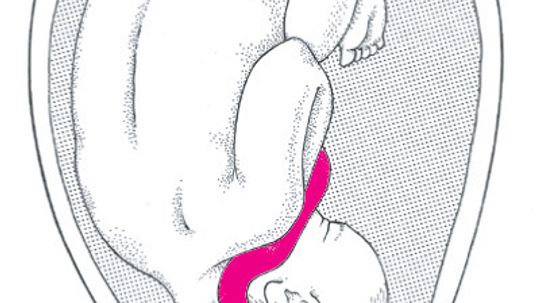Pregnancy
Pregnancy covers the life stage period from conception to birth. Learn about the changes that take place during this time, what to do to stay healthy, and how to help prevent complications during pregnancy.
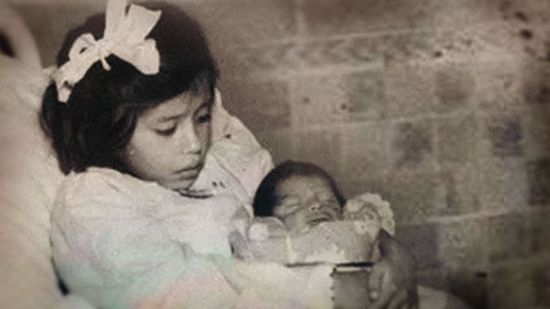
The Shocking Story of Lina Medina, Who Gave Birth at Age 5

You Can Get Pregnant When You're Already Pregnant

Can you get pregnant after having gonorrhea?

10 Weird Pregnancy Cravings That Actually Make a Lot of Sense

Exercise During Pregnancy

Can a woman get pregnant during her period?

Does diabetes affect fertility?
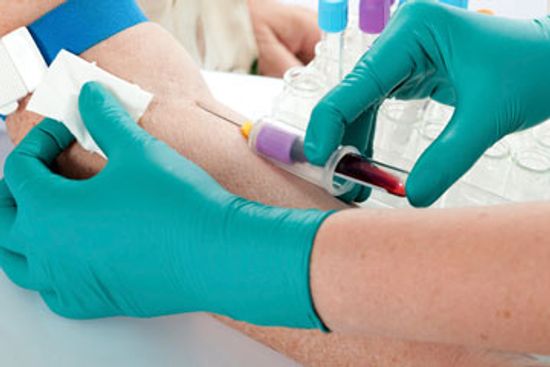
Hormone Imbalances and Infertility

What Do Babies See Before Birth?

Guide to Being 39 Weeks Pregnant

Guide to Being 28 Weeks Pregnant

C-sections Can Affect a Baby's Immune System

Quick Tips: Pedicures and Labor
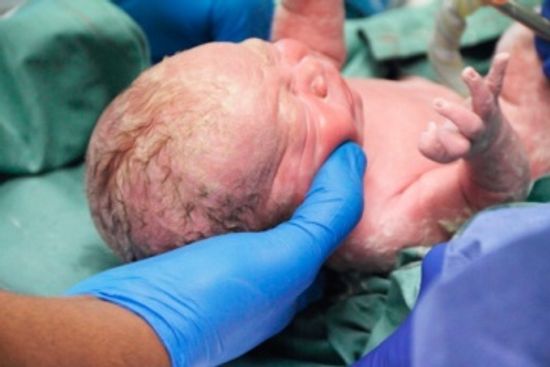
How a Baby Experiences Labor and Delivery

How to Deal with Swelling After Pregnancy

How does postpartum depression affect infants?

How to Minimize Stretch Marks After Pregnancy

Miscarriage Overview
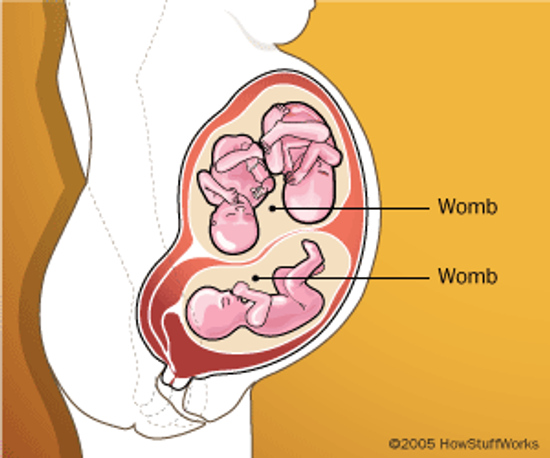
If a Woman Has Two Wombs, Can She Get Pregnant in Both?
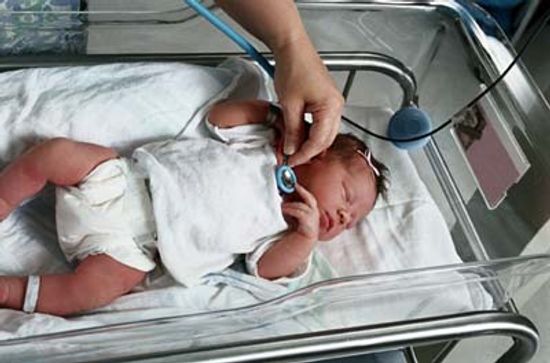
A Guide to Pregnancy Complications

Rare Condition Causes New Mom to Lactate Outside Her Breast
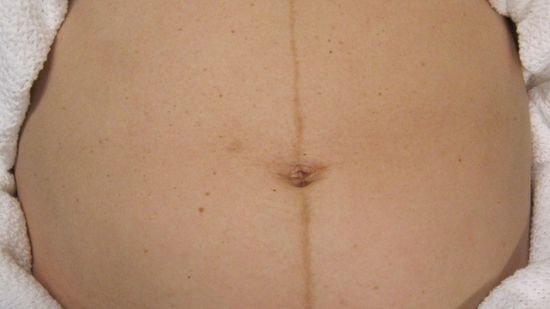
What Is the Linea Nigra of Pregnancy?

Is it possible for a pregnant woman to be allergic to the placenta?
Learn More / Page 4
The technology that brought us the modern home pregnancy test didn't just save women trips to the OB-GYN. It saved the lives of rabbits. These fluffy creatures do more than just assist magicians -- they can indicate pregnancy.
By Robert Lamb
Every successful pregnancy begins with a healthy egg. But for women who are unable to conceive, there is one solution: egg donation. What does it take to be an egg donor?
Surrogacy is one solution for infertility. But why do some detractors think surrogacy is just a "womb-for-rent."
Advertisement
Sperm banks help people who are struggling with fertility issues to conceive. How do sperm banks operate, and how do they screen donors?
IVF is one of the most common infertility treatments. The sperm fertilizes the egg outside the body, and doctors implant it into the woman's uterus in hopes of a successful pregnancy.
From the signs and symptoms to the confirmation of a miscarriage, find the answers to common questions about miscarriages.
The C-section rate is rising in the United States and around the world. What kinds of pregnancy and labor complications can lead to C-sections, and why do some women plan to have them?
Advertisement
Most husbands will do anything they can to help their pregnant wives, but for some, it goes much further than doting and running an occasional errand. Backaches, weight gain and even morning sickness can all accompany Couvade syndrome, or sympathetic pregnancy.
By Josh Clark
In December 2006 in Britain, three babies were born from two separate wombs -- inside the same woman. Uterus didelphys -- or a double womb -- is a pretty rare condition. It affects anywhere from about one in 1,000 to one in 1 million women worldwide, and it sometimes occurs in families.
By Julia Layton
Pregnancy is not always a happy time, even if the baby is wanted and planned. It's normal for parents to experience a wide range of emotions during this period. Learn about emotions that surface during pregnancy.
A woman's body weathers a myriad of symptoms during pregnancy as changes happen in your reproductive and digestive systems, and to your blood flow and metabolism. Read about understanding pregnancy symptoms.
Advertisement
No mother wants to have a difficult delivery or an unhealthy baby. Learn how to spot the signs of complications and, in some cases, find out what you can do about them.
The journey of the fetus through pregnancy is a complex and fascinating miracle that scientists have broken into three phases -- the three trimesters that represent a nine-month pregnancy. Learn how a fetus grows
Changes in your body and a late menstrual cycle are signs that you are pregnant. Performing a home pregnancy test is the easiest way to find out. Learn how pregnancy tests work.
The decision to breastfeed or bottle-feed is yours to make. Since you are the one taking care of your baby, you must feel comfortable with the decision. Learn how breast-feeding works.
By Alvin Eden
Advertisement
The addition of a baby to a family brings joy and wonder, but also many changes for the parents. Read these helpful tips on adjusting to life with a newborn.
Also known as "baby blues," postpartum depression is a very real and often very frightening occurrence that affects about half of new mothers during the first days or weeks following birth.
Infertility is not sterility. Infertility is defined as a couple’s failure to conceive a child after one year of regular sexual intercourse without birth control. Learn much more about infertility.
Did you know that labor is divided into three stages? Find out what they are and how to tell when they start happening.
Advertisement
An embryo usually attaches to the upper part of the uterine wall, but sometimes implantation takes place in a lower location. The condition is called placenta previa and can interfere with a normal delivery.
Once your pregnancy has been confirmed, what you most want to know is your due date. The average length of a pregnancy is 40 weeks from the first day of the last normal menstrual period. Here's an example of how it works.
A miscarriage is the ending of a pregnancy due to the premature delivery of the fetus before the 20th week of pregnancy. At this point, the fetus is not developed enough to survive outside the uterus on its own.
With a slew of recent research to support the benefits to child, mother and society overall, experts seem to agree: breast milk is best. What do you need to know before you start breastfeeding?
Advertisement
If you think breastfeeding is out of the question just because you're having multiples, think again. There are countless reasons that breastfeeding may prove to be the best option, even with twins or triplets.
When it comes to human reproduction, animal metaphors are popular, with all those birds, bees and even storks. Here, we turn to biology to learn how human reproduction works.

